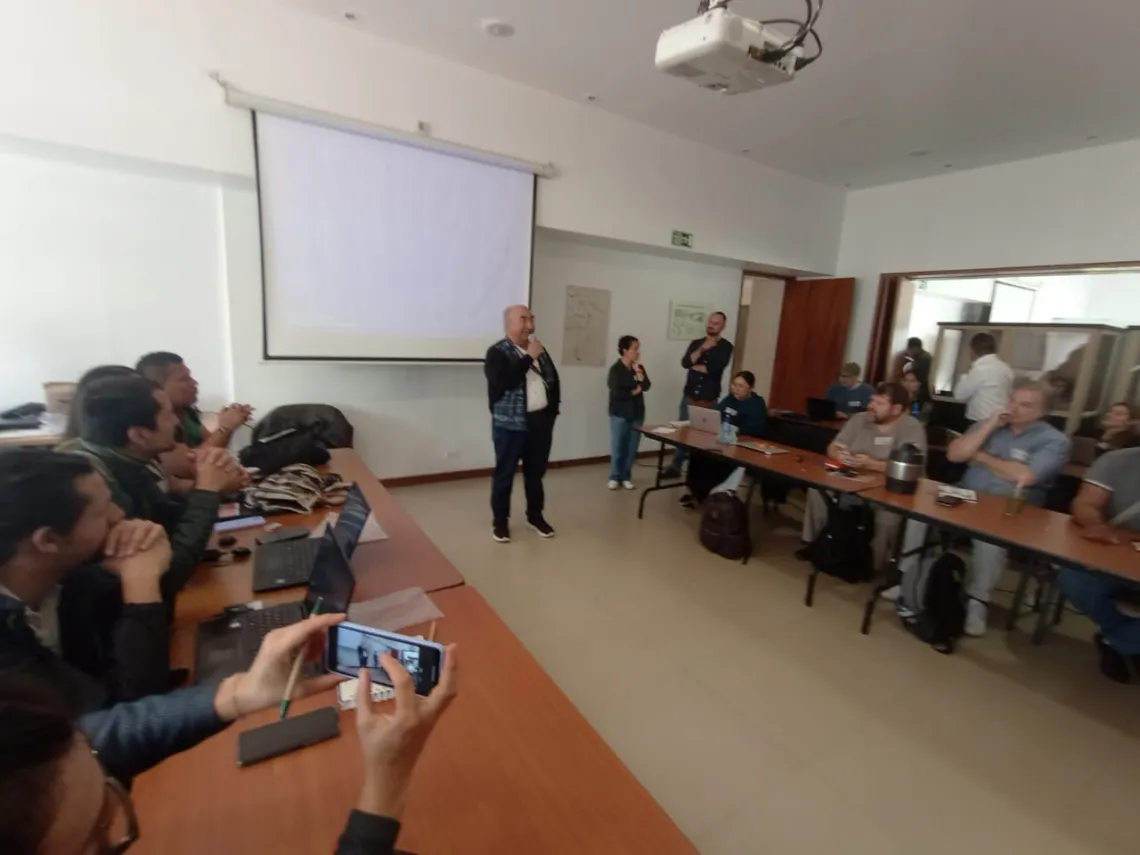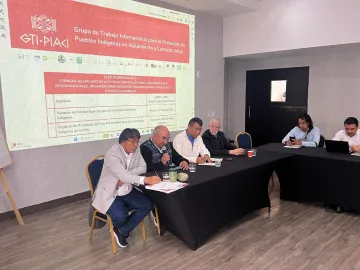Key Meeting on Indigenous Peoples in Isolation Seeks Transnational Protection Strategies

In a landmark gathering held in Bogotá, representatives from eight American nations, including Brazil, Bolivia, Colombia, Ecuador, Suriname, Peru, Venezuela, and Paraguay, convened to address the urgent need for protecting Indigenous Peoples in Isolation. These groups, comprising 185 known isolated indigenous communities across the Amazon, Cerrado, and Gran Chaco regions, are characterized by their choice to live with minimal or no contact with the external world, relying on their self-sufficient, traditional ways and living in harmony with nature.

The meeting, occurring on February 22, brought together 19 indigenous and civil society organizations under the International Working Group for the Protection of Indigenous Peoples in Isolation and Initial Contact (GTI PIACI), the national government, the Amazon Cooperation Treaty Organization (ACTO), and the United Nations. This collaborative effort aims to draft transnational strategies to shield these vulnerable groups from threats like mining, drug trafficking, and agricultural expansion.
The convening parties aspire to establish an international technical assistance network to support the development and execution of national and cross-border policies dedicated to the rights and protection of PIACI. Additionally, the gathering underscored Colombia's role in promoting the rights of indigenous peoples and conserving the Amazon, vital for climate regulation.
Despite Colombia's legal framework, including the 2018 Decree 1232 aimed at safeguarding these communities, progress has been slow. A judicial directive in November 2023 mandated 21 state entities to expedite their protection efforts. GTI PIACI expressed its readiness to assist the government in overcoming the challenges of protecting these secluded communities.
This meeting represents a significant step towards recognizing and preserving the autonomy and rights of Indigenous Peoples in Isolation, amidst growing threats to their way of life and the ecosystems they inhabit.

